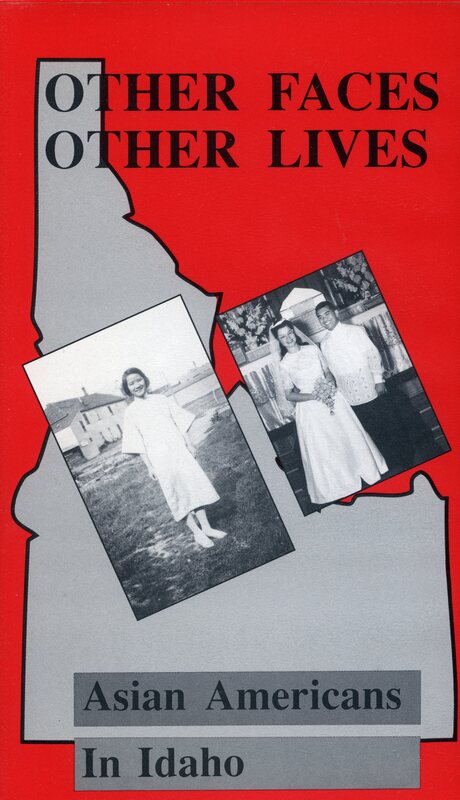Lily Wai was born in Hangzhou, China on 29 September 1939. In 1946, her parents and three siblings moved to the village of Wu-er in Taiwan. In 1961, Wai moved to Kansas for graduate school and met her husband Chien. They married in Los Angeles in 1965.
Wai earned her B.A. in History from Tunghai University in Taiwan in 1960. It’s unclear exactly when she moved to the United States, but she earned her M.S. in Library Science from the University of Illinois in 1965. In 1969, Wai and her husband (Chien M. Wai) and two children moved to Moscow, Idaho. She became a faculty librarian in 1970 and earned her second master’s degree, an M.A. in History, from the University of Idaho in 1970. She achieved the rank of Professor at the University of Idaho in 1997. It’s unclear exactly when she became the Head of the Government Documents department at the Library.
Wai had many notable accomplishments throughout her life and career - see finding aid for more information. One of her most notable accomplishments was her work on the documentary, “Other Faces, Other Lives: Asian Americans in Idaho.” This video and project was sponsored by the Palouse Asian American Association of Moscow/Pullman with the assistance of a grant from the Ethnic Heritage Committee of the Idaho Centennial Commission. Wai was the project administrator of the project, which also included involvement from Jeff Mio, Loreca Stauber, and Joann Muneta.
Eight Asian-American families (specifically Chinese, Japanese, and Filipino) were interviewed and asked how they or their families came to Idaho. They were also asked about their experiences living in Idaho - whether they faced discrimination or prejudice, how they raised their children in the environment, any changes they had seen regarding Asians in Idaho, and how they felt about intermarriages. Other interview topics included maintaining their native cultural heritage practices and identity, and if there were any benefits of living in Idaho as an Asian American.
Wai also played a significant role on the Idaho Centennial Commission’s Ethnic Heritage Committee, the University of Idaho’s Borah Foundation Committee, and the University of Idaho’s Master of Library Science graduate program. Wai also played a significant role in the development of Inside Idaho, which aims to encourage and assist in the discovery and use of geospatial information. For more information about Lily Wai’s career and work, see the finding aid for the Lily Wai Committee Papers, 1981-1990.


![Lily Wai [1]](https://objects.lib.uidaho.edu/harvester/small/mg390_box4-folder70_sm.jpg)
![Lily Wai [2]](https://objects.lib.uidaho.edu/harvester/small/mg390_box4-folder70_2_sm.jpg)
